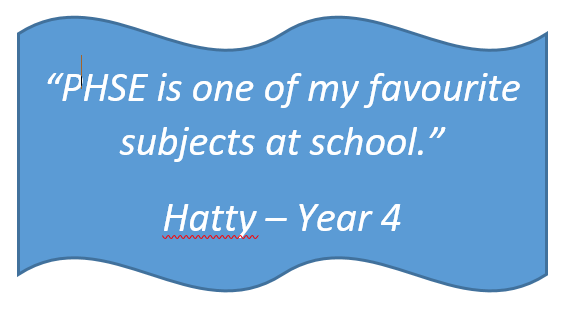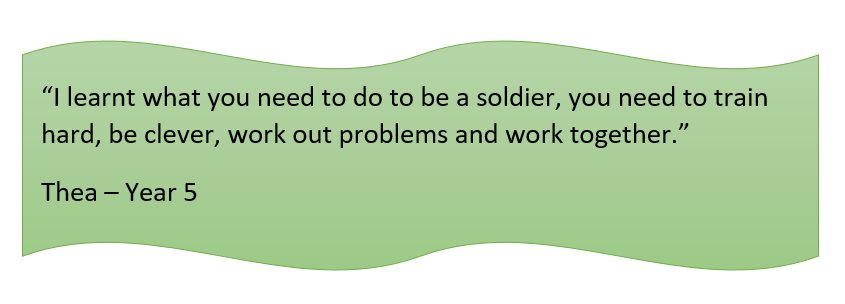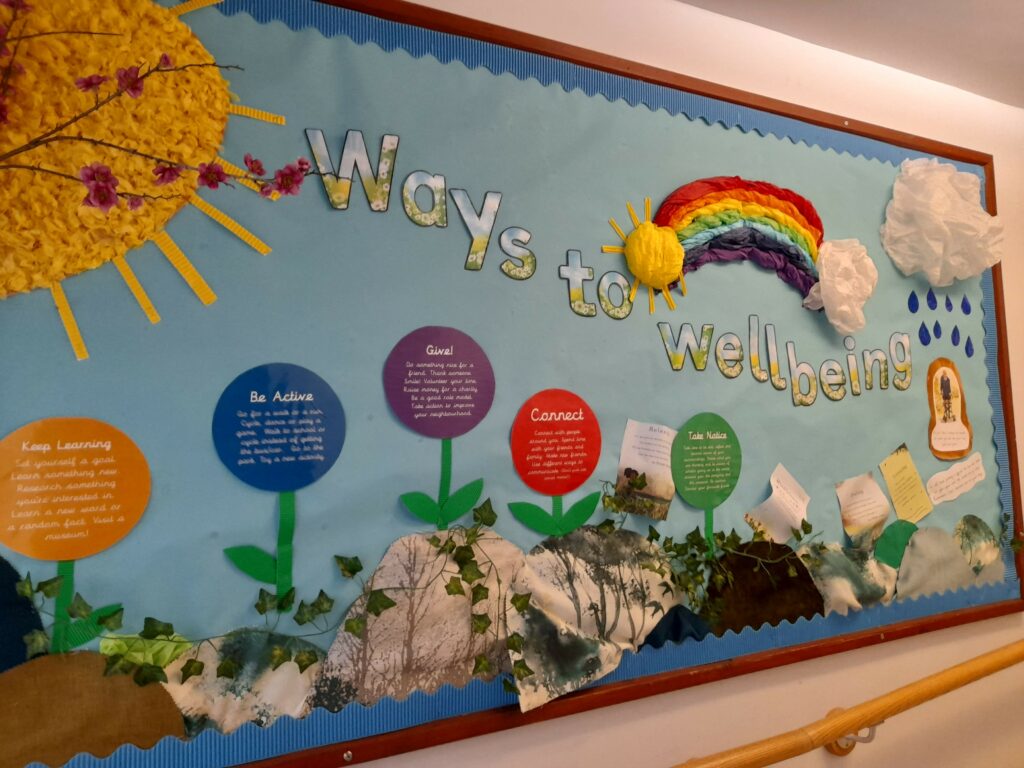
Mental and Physical Wellbeing
PSHE
Personal, social, health and economic (PSHE) education is an integral part of life at St Mary’s. PSHE is part of all that we do. Through PSHE we teach the children how to be rounded individuals and how to be successful people within the world.
At St. Mary’s we have worked hard to ensure that our PHSE curriculum is a progressive document that builds on key skills and concepts as the children move through the school from the early years through to year 6. The curriculum deals with the diverse beliefs, values and attitudes that individuals and societies hold. They help pupils to develop themselves, their understanding of the world, and their ability to communicate their feelings. The PHSE curriculum aims to build on the values from school of honesty, trust, perseverance, respect and responsibility and give the children the tools to become global citizens who are resilient, have the ability to question things, are empathetic and supportive of others similarities and differences and believe in their own power to change the world around them.
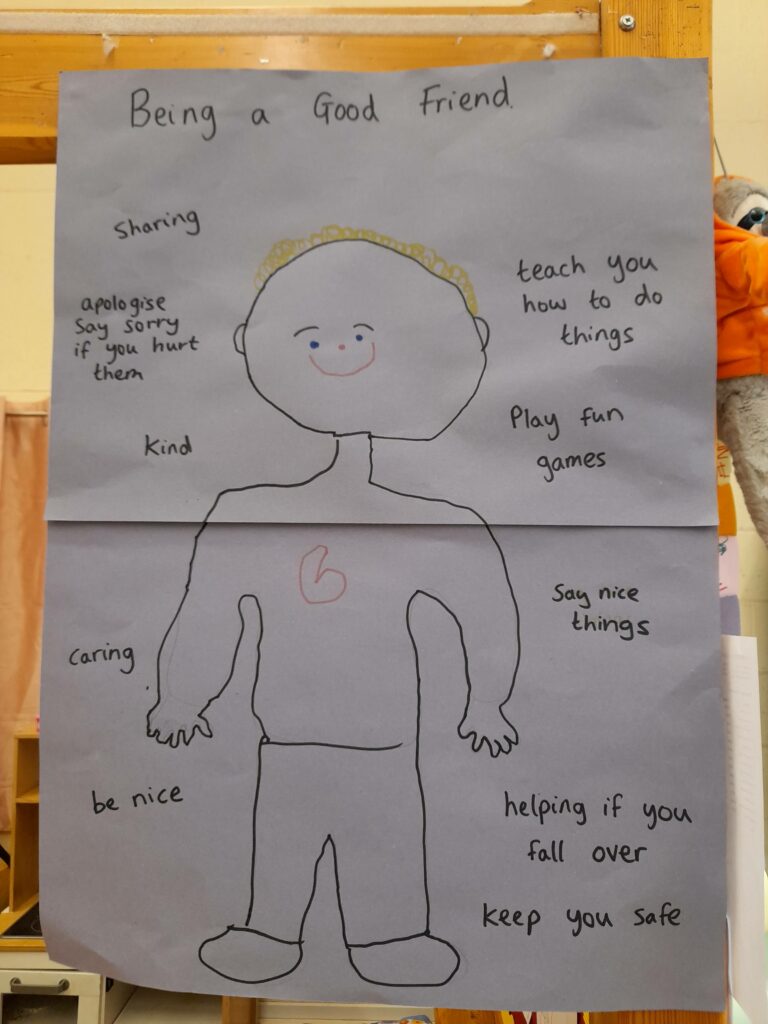
Each class explores PSHE as a discrete subject, which includes looking at our own places in the world as well as issues surrounding citizenship and has opportunities to have circle time, where teachers and children can discuss issues that are topical to the class, the wider community and the world. In conjunction with this, we use PSHE to help educate children and equip them with a sound understanding of risk and with the knowledge and skills necessary to make safe and informed decisions.
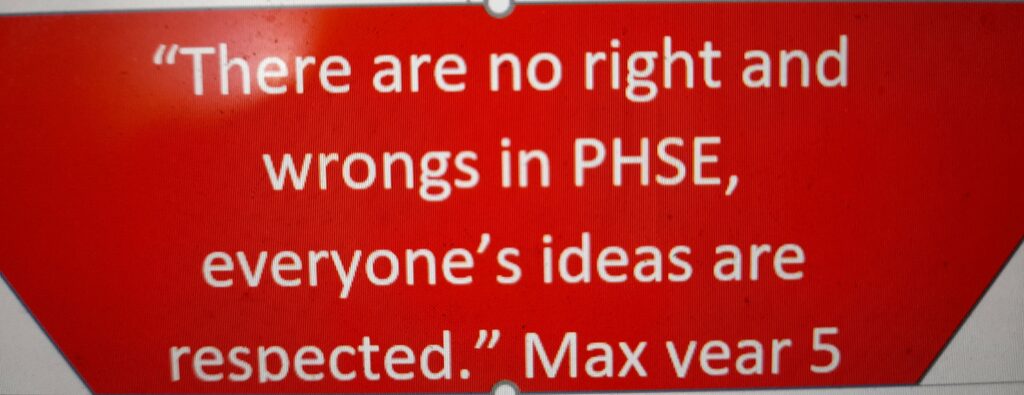
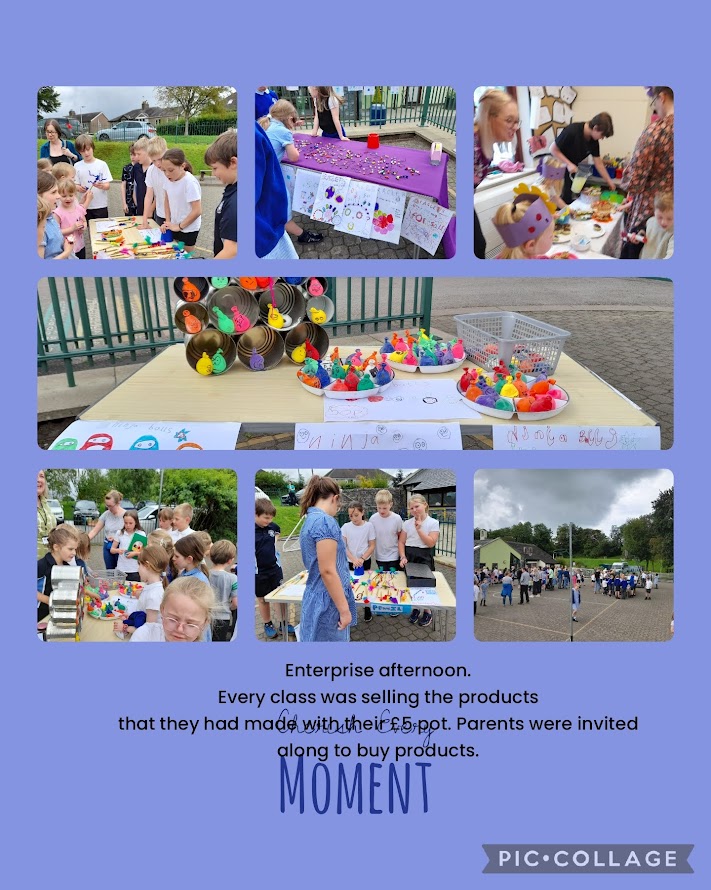
We held a very successful enterprise afternoon, each class made a stall to showcase the products they made with their budget.
Parents were invited along for the last hour of the day to buy the products. Buzzing entrepreneurs, we made a total of £385 which the children decided to divide up give to local charities; brain cancer trust, St. John’s Hospice, Air ambulance and the Save Ruskins View fund.
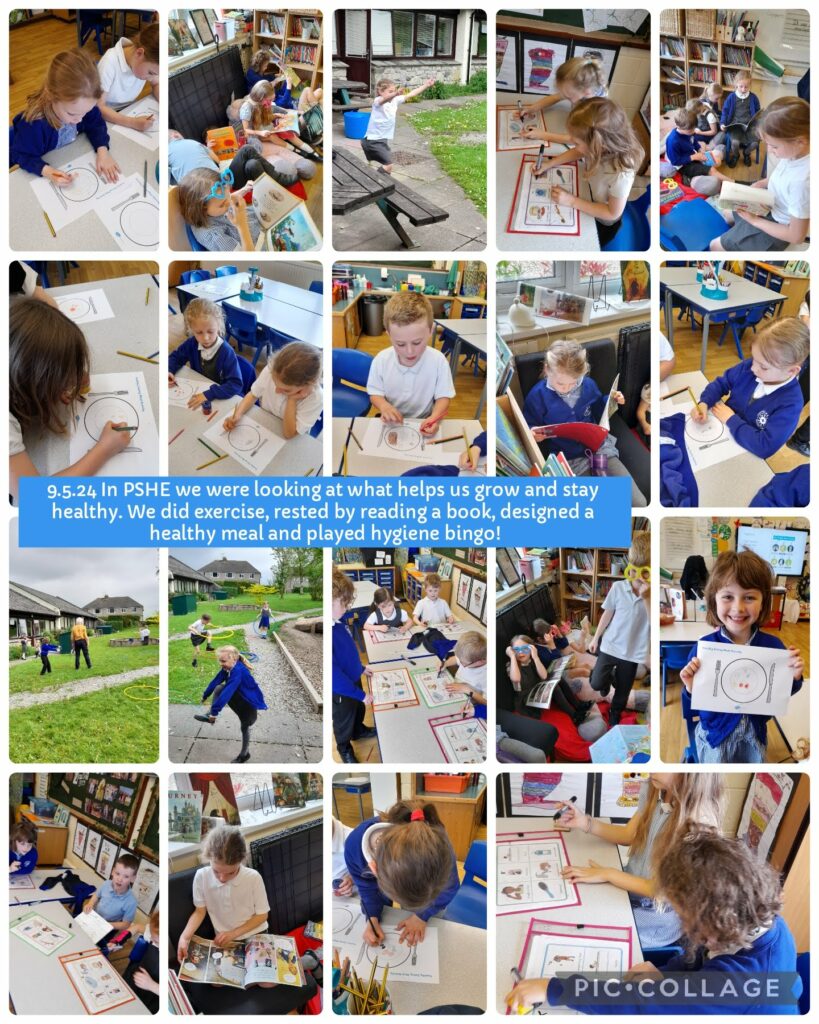
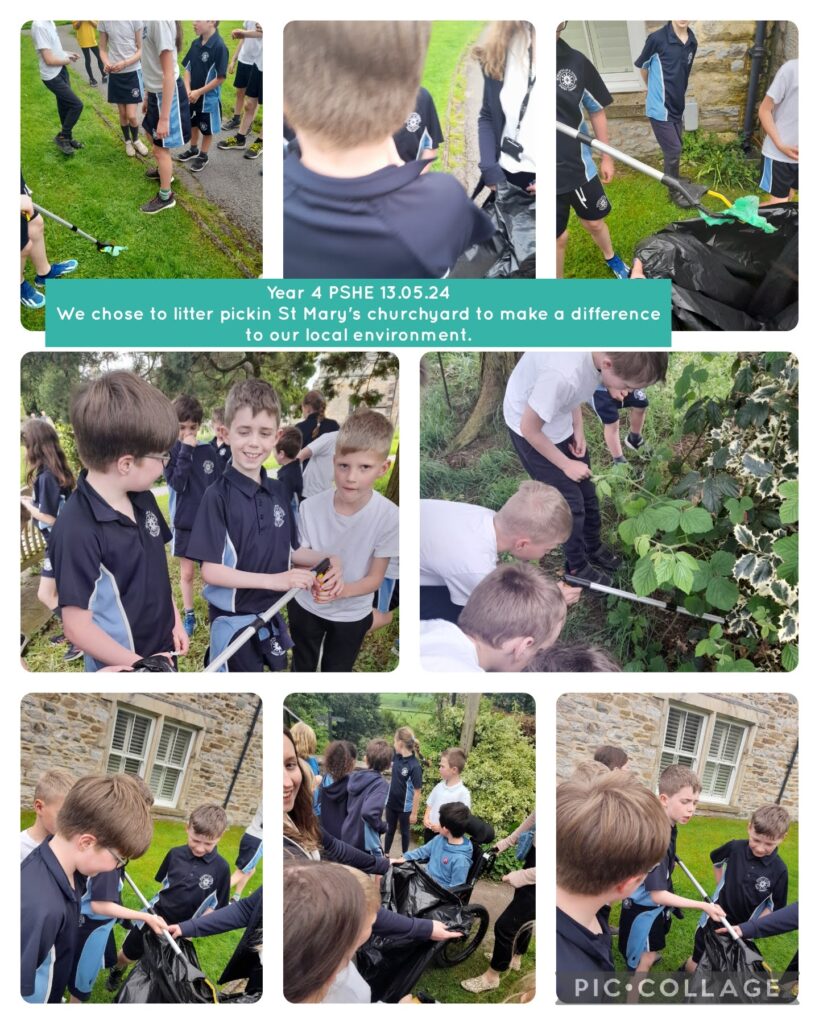
At St. Mary’s we value the importance of pupil voice and know it can have impact on creating positive changes within the classroom, school, playgrounds and beyond. Pupils were invited from years 1-6 to create a pitch about why they wanted to become school councillors and what their school-wide ambitions for the year ahead were. Elections were then held and the classes voted who they wanted their representatives to be.
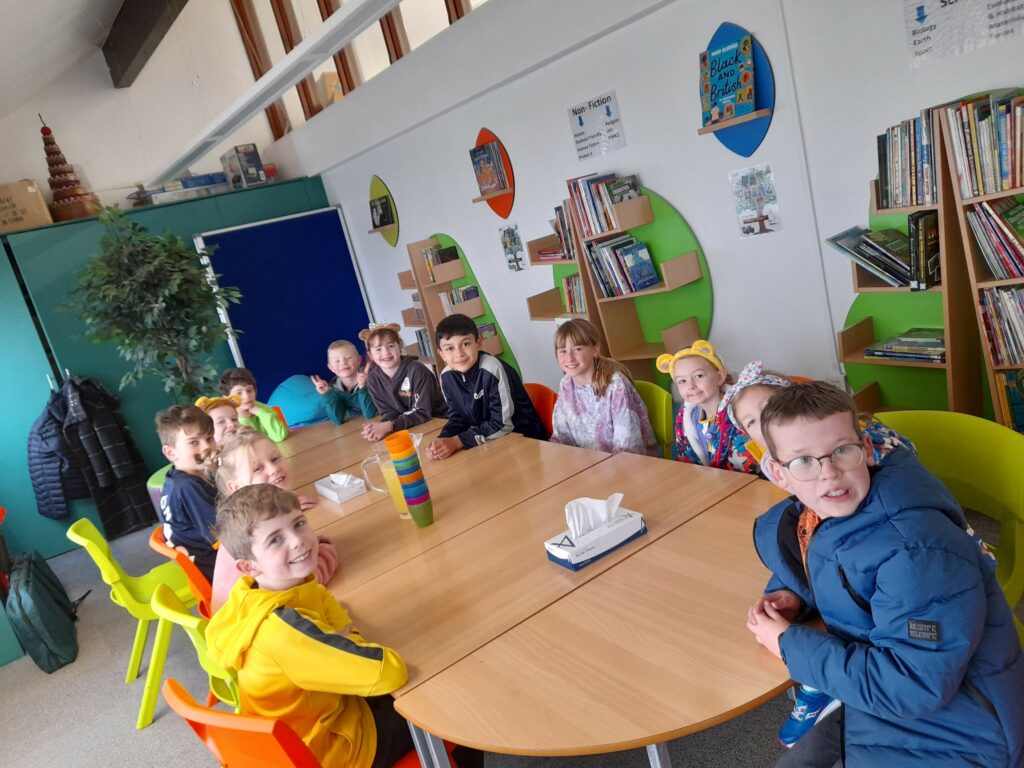
Article 12 of the UN Convention on the Rights of the Child (UNCRC) states that every child has the right to express their views, feelings, and wishes in all matters affecting them, and to have their views considered and taken seriously.
The school council put forward many recommendations that they felt would benefit the school, these were: improving playtimes by the addition of more play ground equipment, adding a better mixture of clubs after school or at lunch time, recycling and litter picking to improve our school and area. The matter that was top priority for the children was playtimes and more equipment. The children wanted to have a sale and decided that a cake stall would be the best way to achieve this. The children produced posters advertising the sale and requested donations from parents and children of the school.
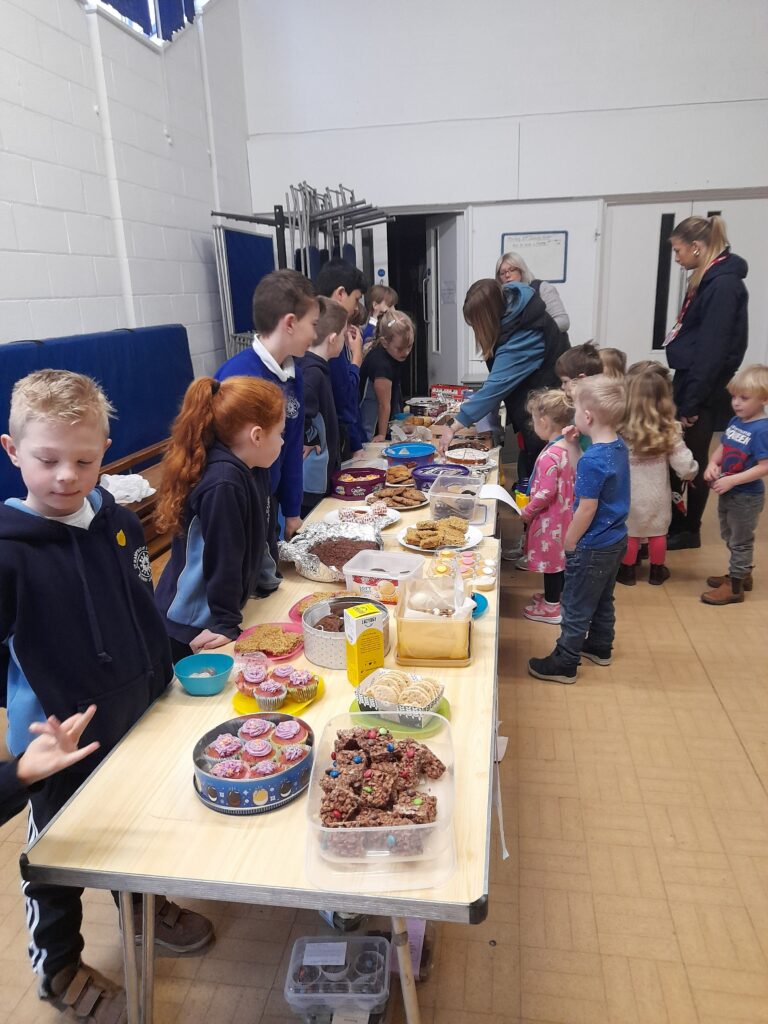
The cake sale was a huge success, the children raised over £249. The PTA then said they would match fund anything raised so hopefully lots of playground equipment to benefit both playgrounds.
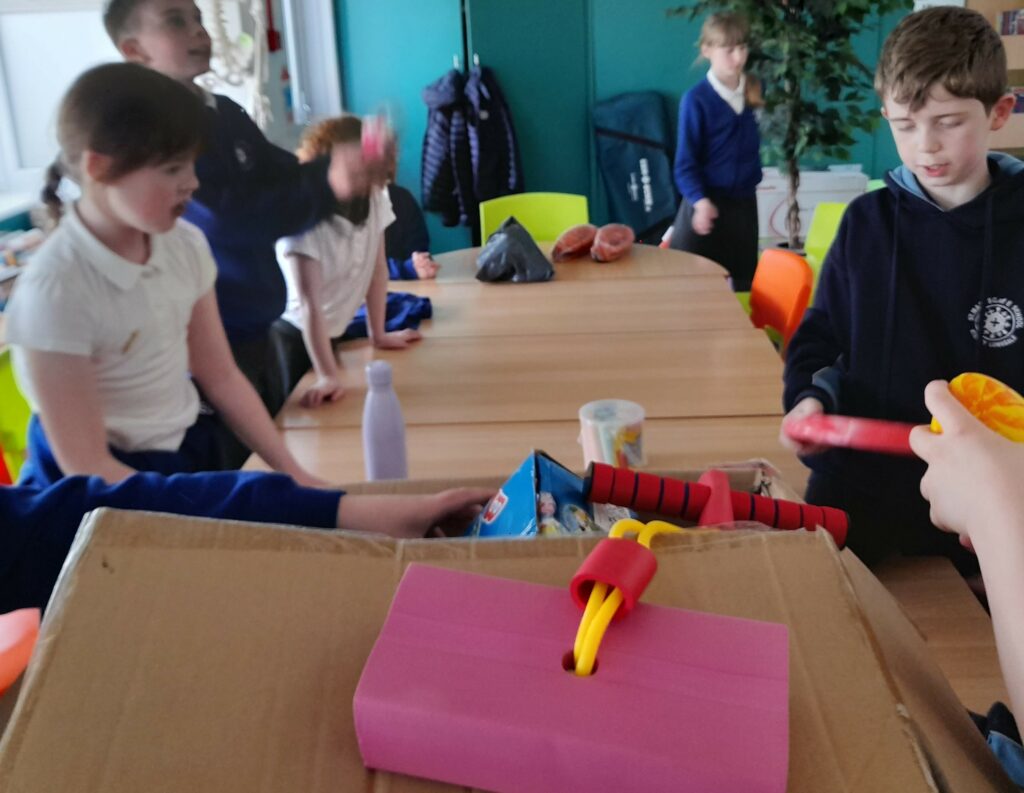
The school council had the important job of unwrapping some of the new playground equipment that the we had ordered. They had to divide the equipment in the between key stage one and two.
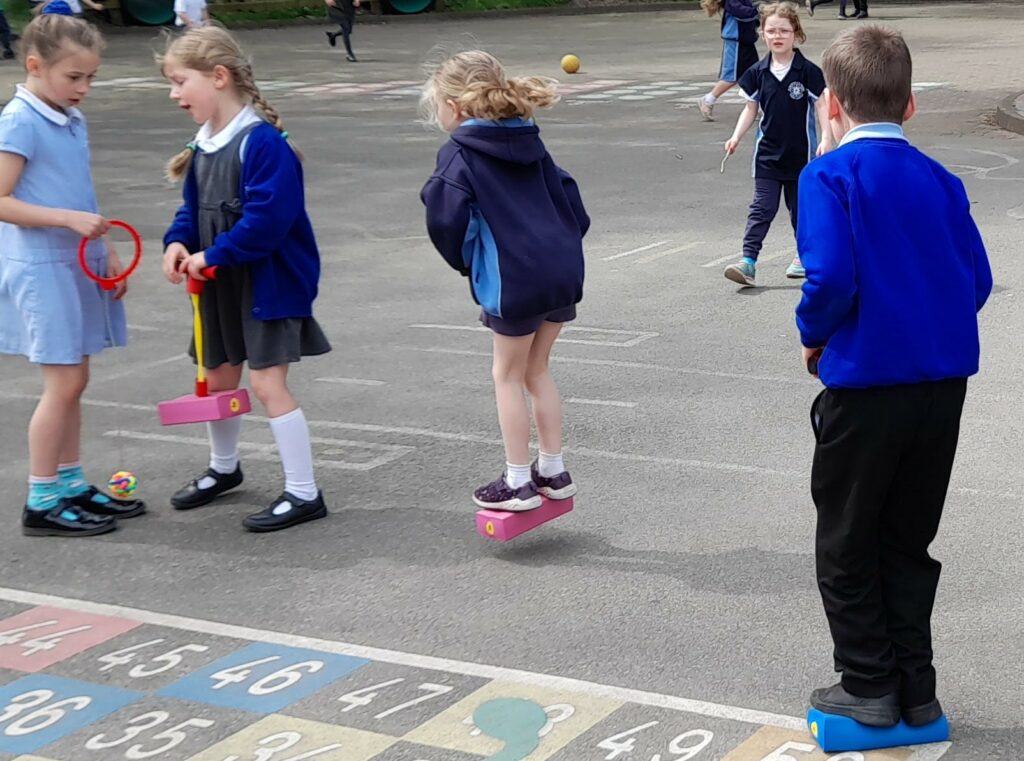
We were lucky enough to be invited to take part in Pupil Parliament which was held at the Nether wood hotel in Grange. We sent representatives from year five to represent the school enabling the pupils to develop valuable communication, co-operation, organisational debating skills. During the day the children were given the opportunity to meet our local MP, they were taught debating skills and about events and news that were important to them. They were able to see, hear and experience debating in action.

As part of our whole school focus on strengthening children’s understanding of the economic part of PSHE we held enterprise days for children across the school.
We took part in the Virgin money “Make £5 grow” scheme. Each class was given a budget and had to come up with ideas in small groups to make their money go as far as possible. Groups had to pitch their ideas for activities to the rest of the class, complete costings and make prototypes of ideas and activities. Each class held votes, invited other classes to test out their ideas and have chosen what they are going to make. In Key stage 2, they have done profit predictions about the money they think they will make. The range of activities/products the different classes are going to create showed such a range of creativity, entrepreneurial skill, team work and co-operation.
There are summer fair types games in reception, creating ninja balls in year 1, making necklaces in year 2, cards in year 3, key rings and hair chalk in year 4, kindling starter packs and stress balls in year 5 to pizza making in year 6. We can’t wait for the fair to test out all of our ideas.
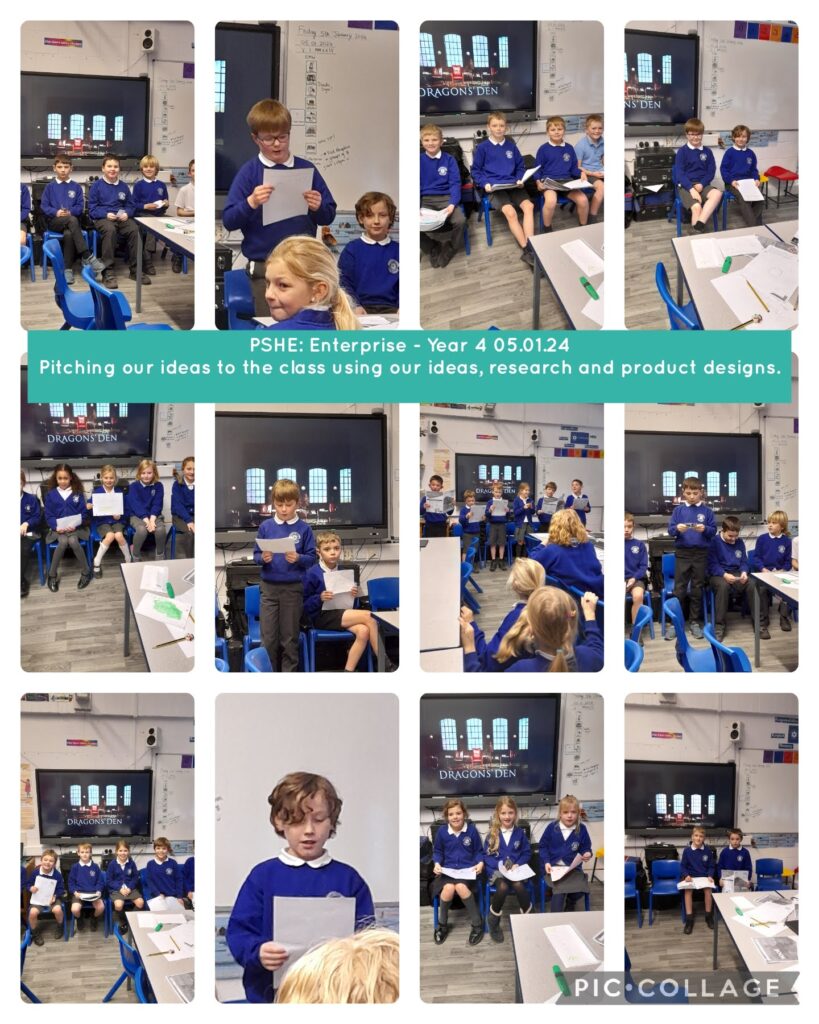
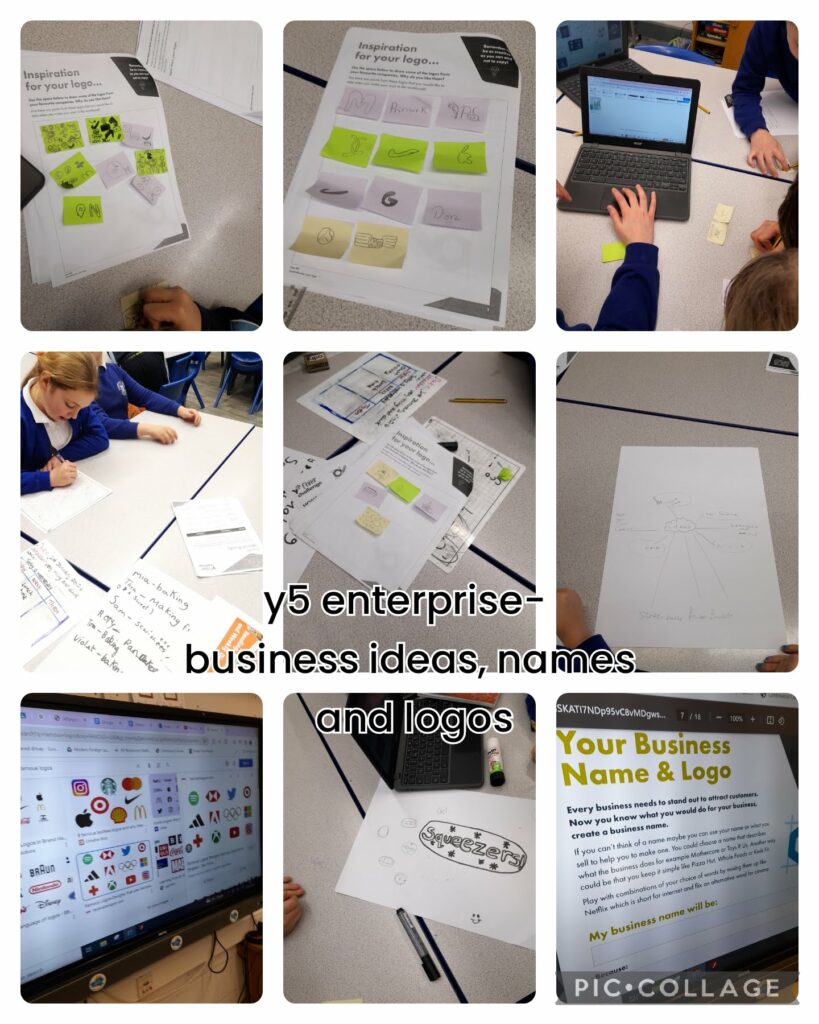
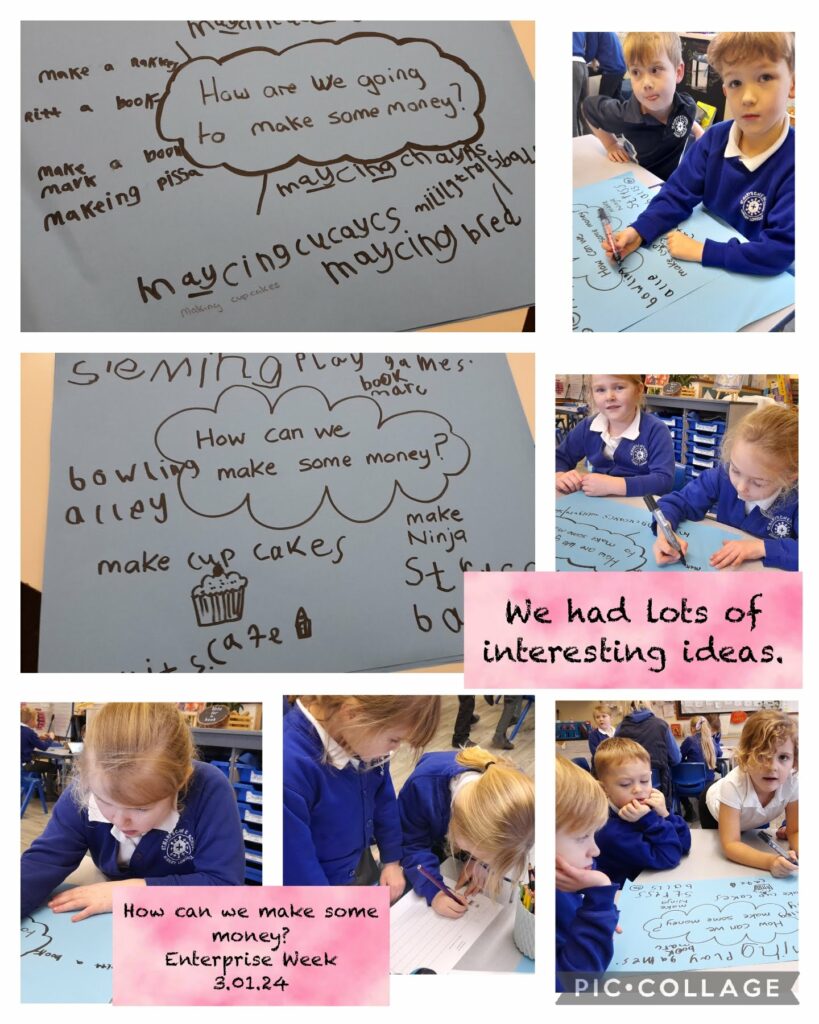
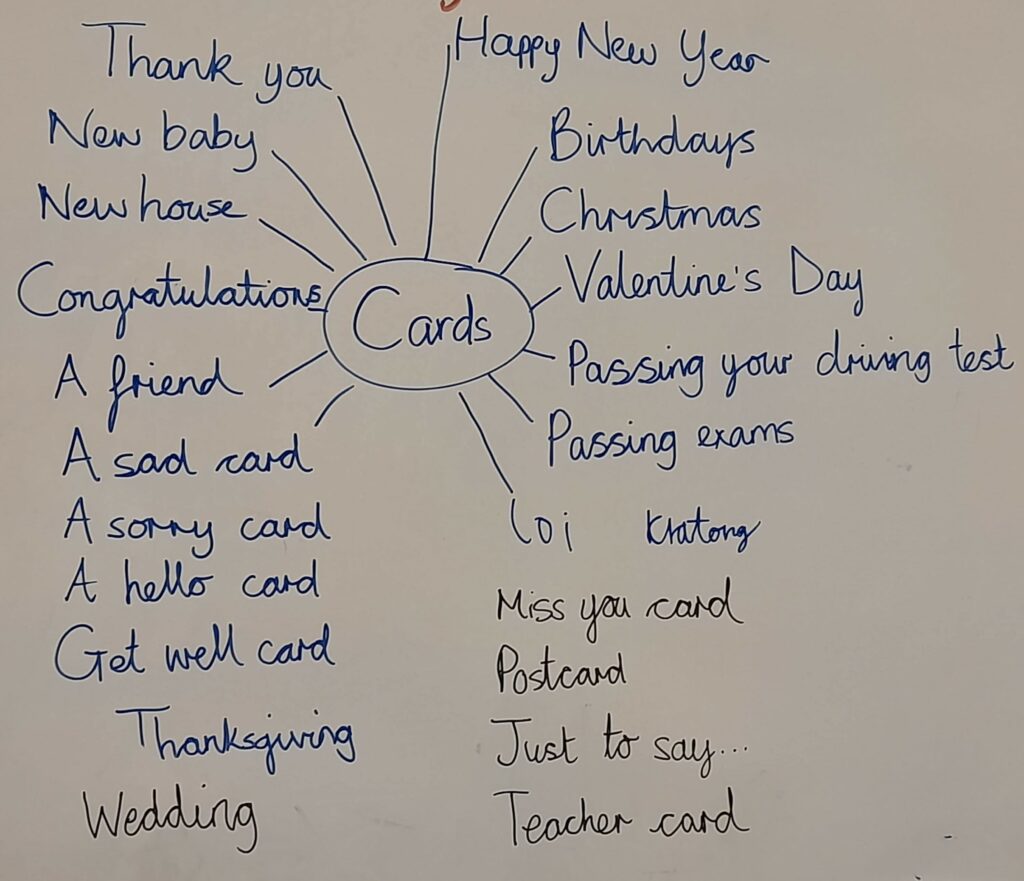
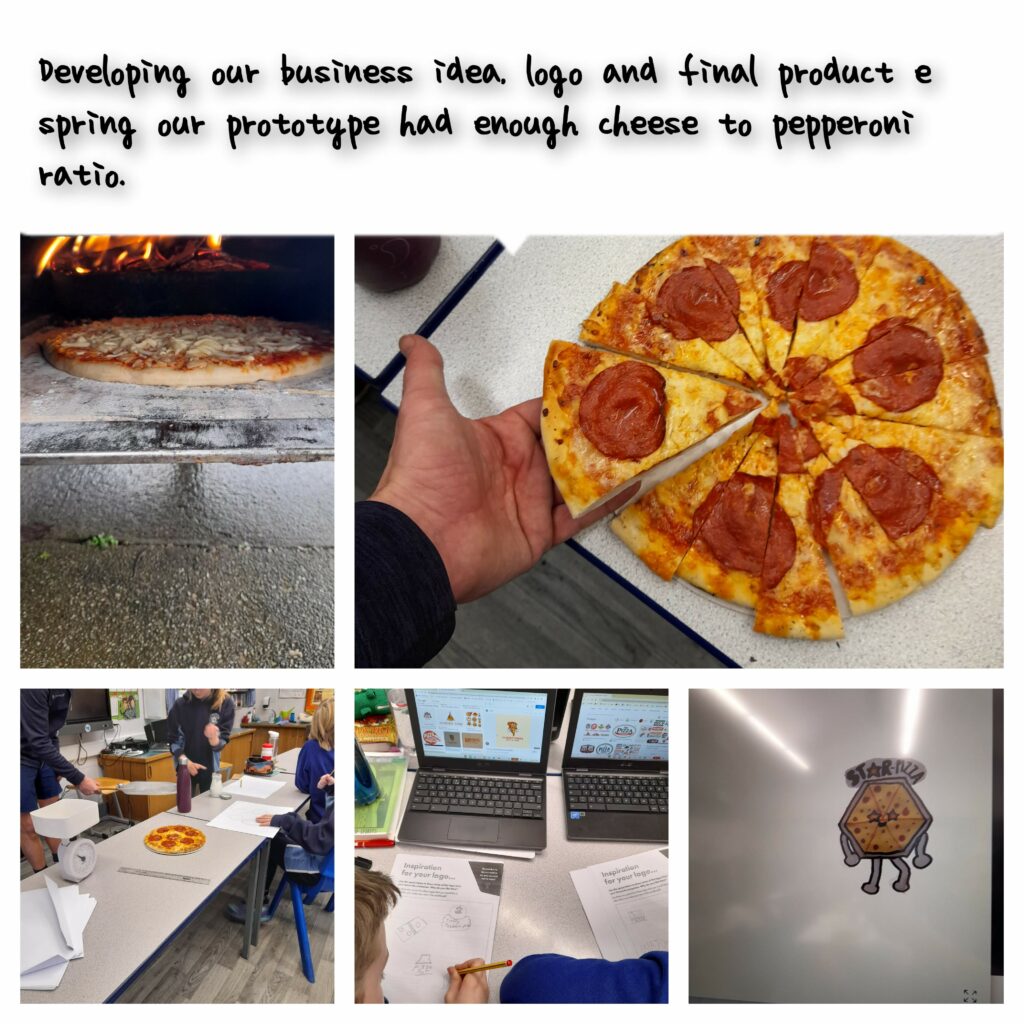
We held an inspiring drop down day for the whole school focusing on diversity and inspiring children into different job roles. This involved a variety of people from the local community coming into school to chat to the children about their job role and what this meant. The range of careers the children had the opportunity to learn about was very diverse and led to lots of interesting discussions about gender stereotypes in certain careers. The children had the opportunity to learn about; computing and programming, pest control and taxidermy, owning a baking business, solicitors, soldiers, local MP, firefighters, police officers, farming, secondary school teaching, managing a business and playing for a local football team. The children came up with some really insightful questions and by the end of the day had a better understanding of what these careers involved and what they as children needed to do if they wanted to these as their jobs in adult life. Below is a selection of some photos from the day.
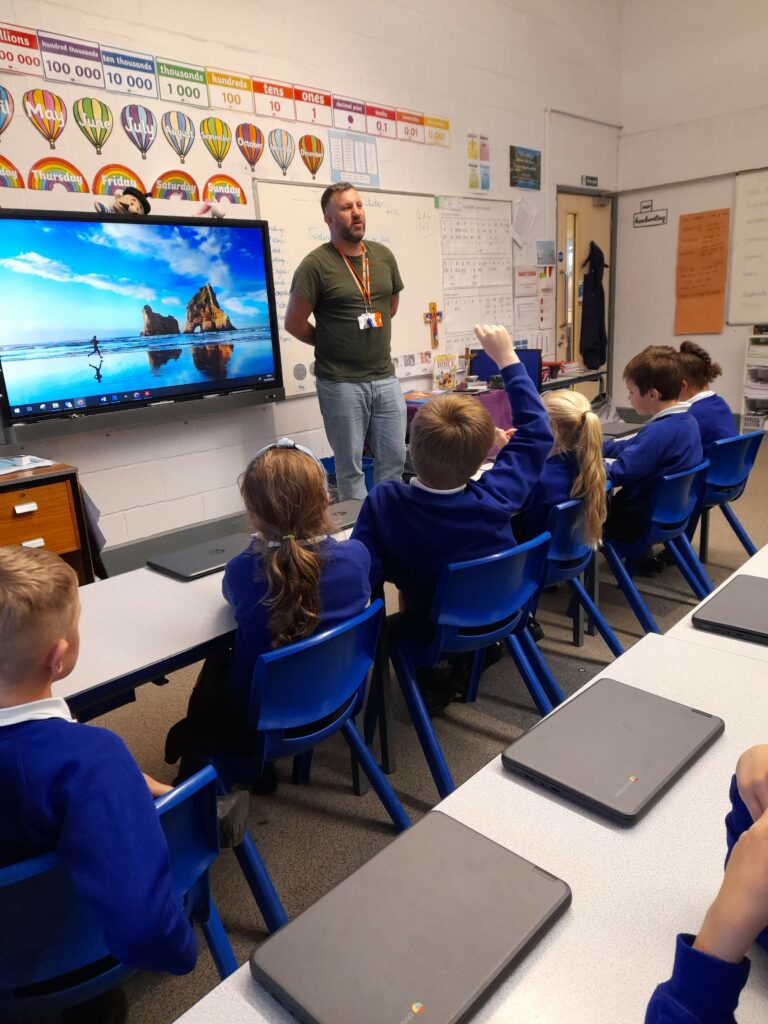
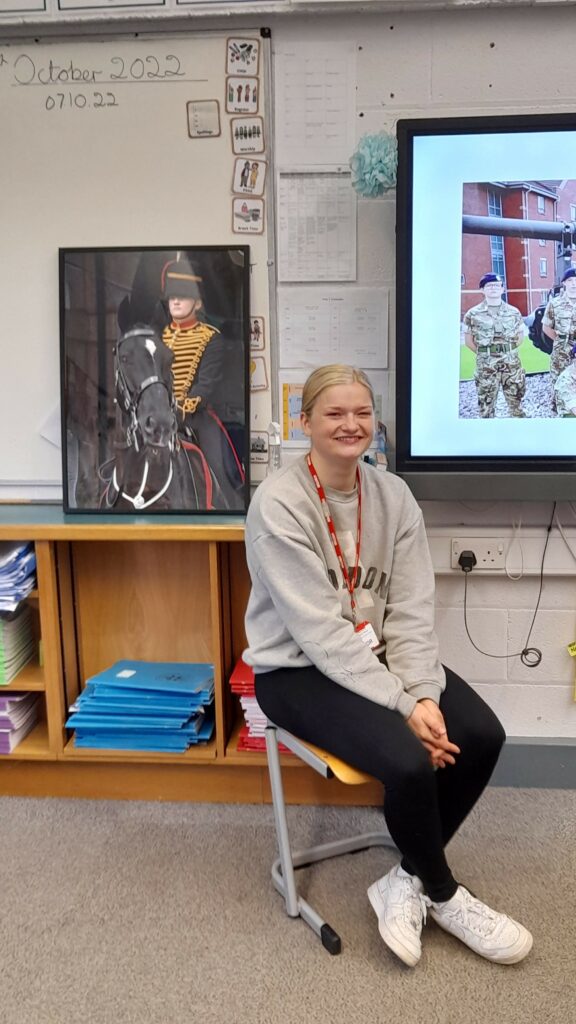
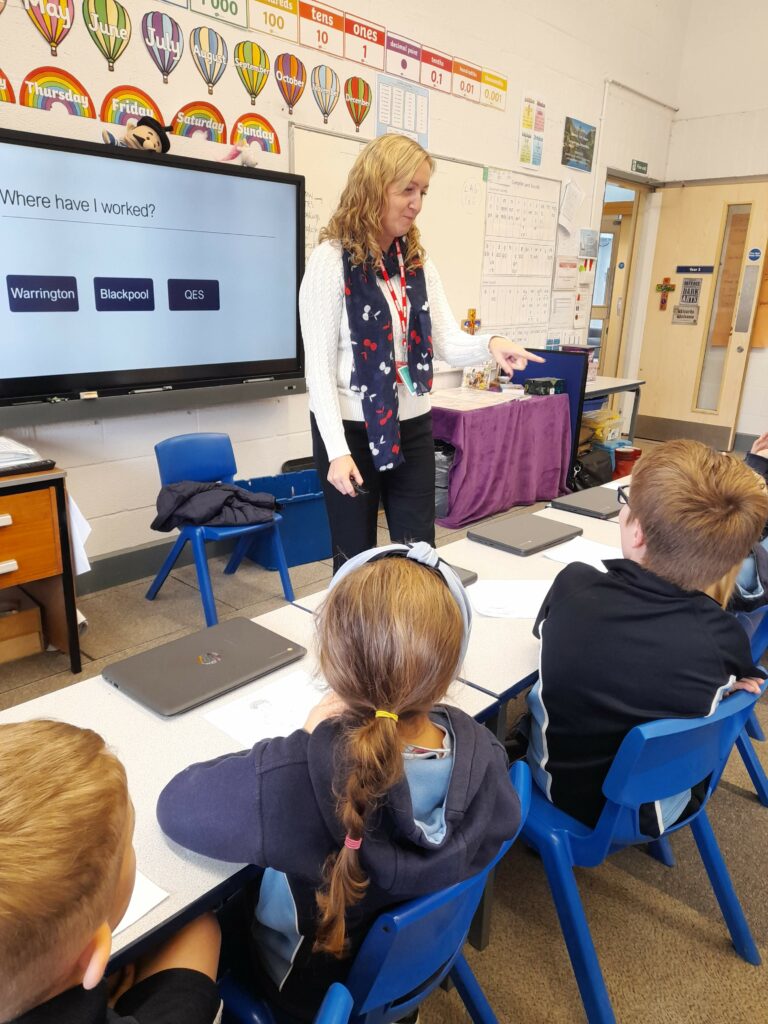
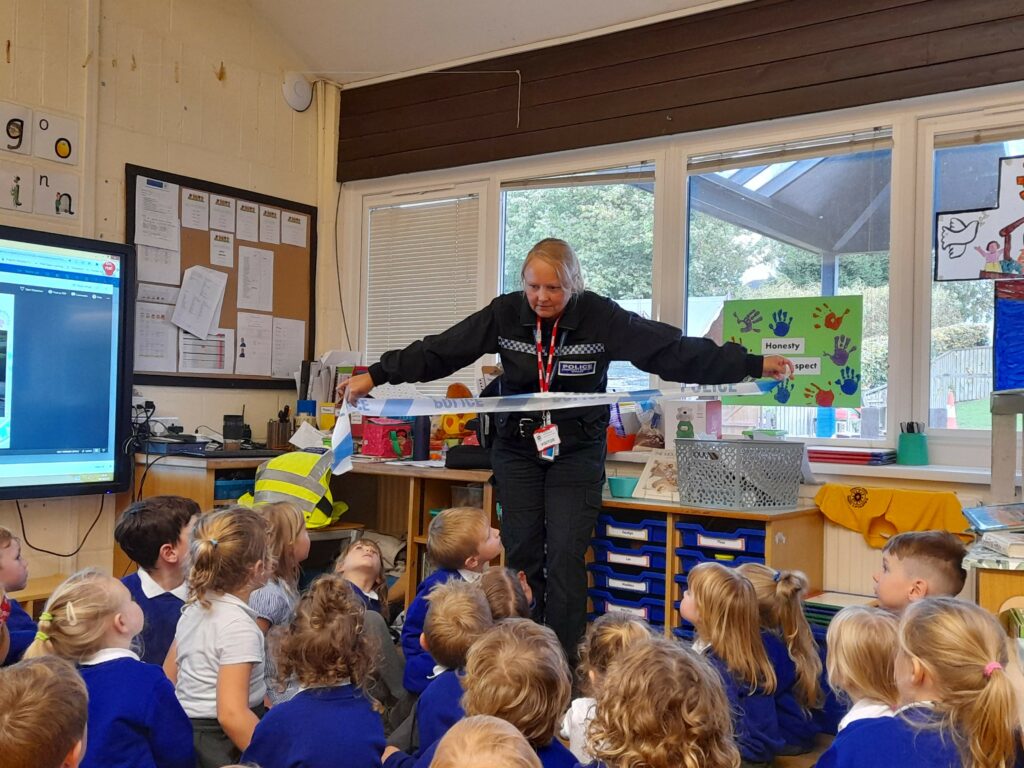
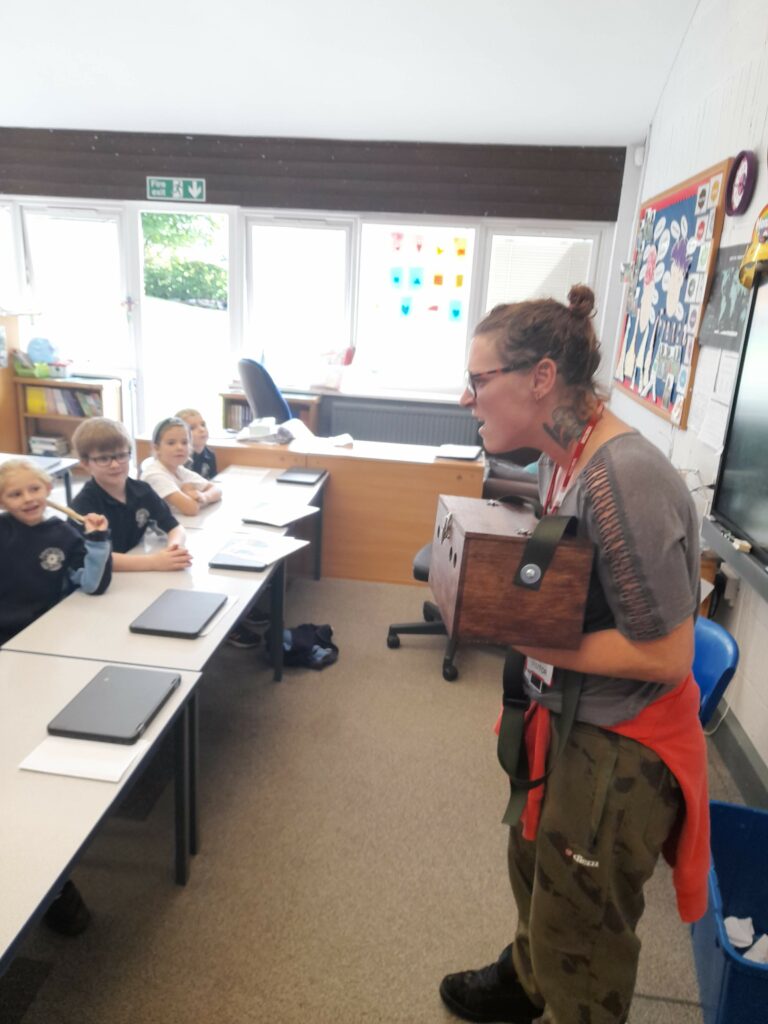
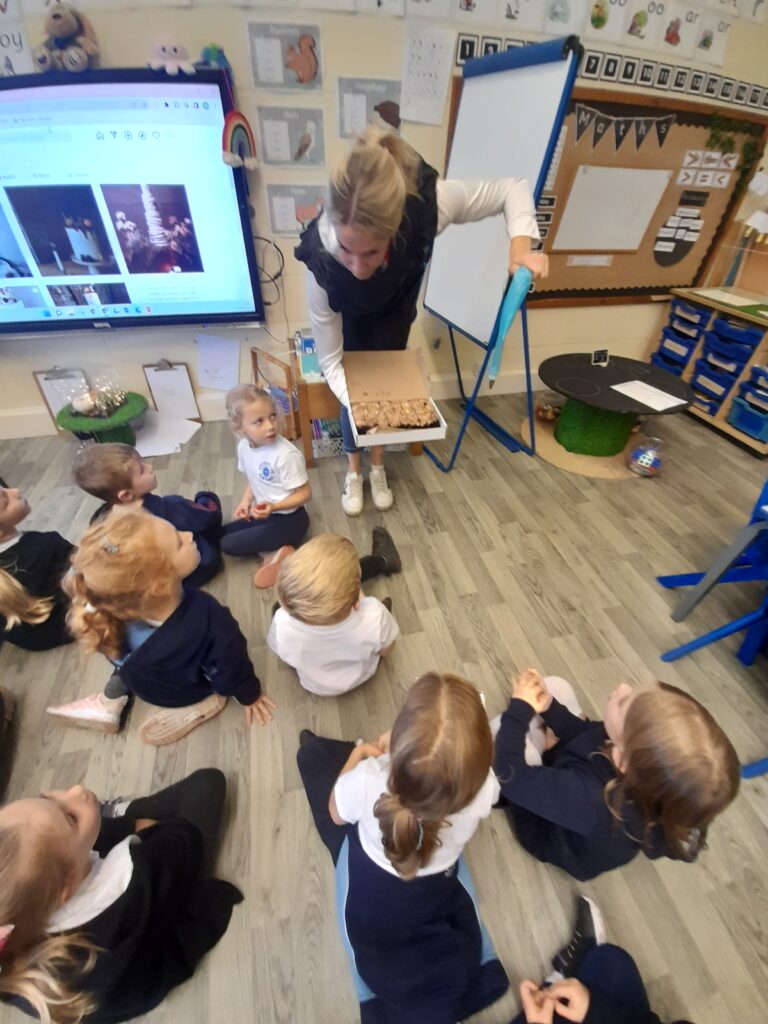
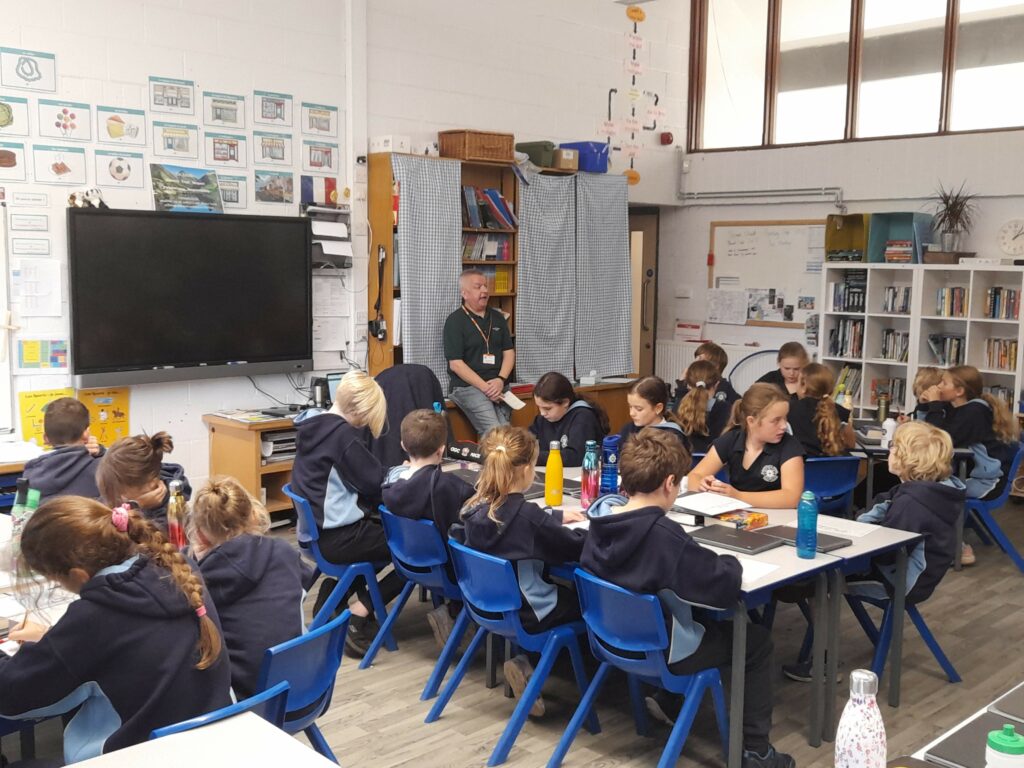
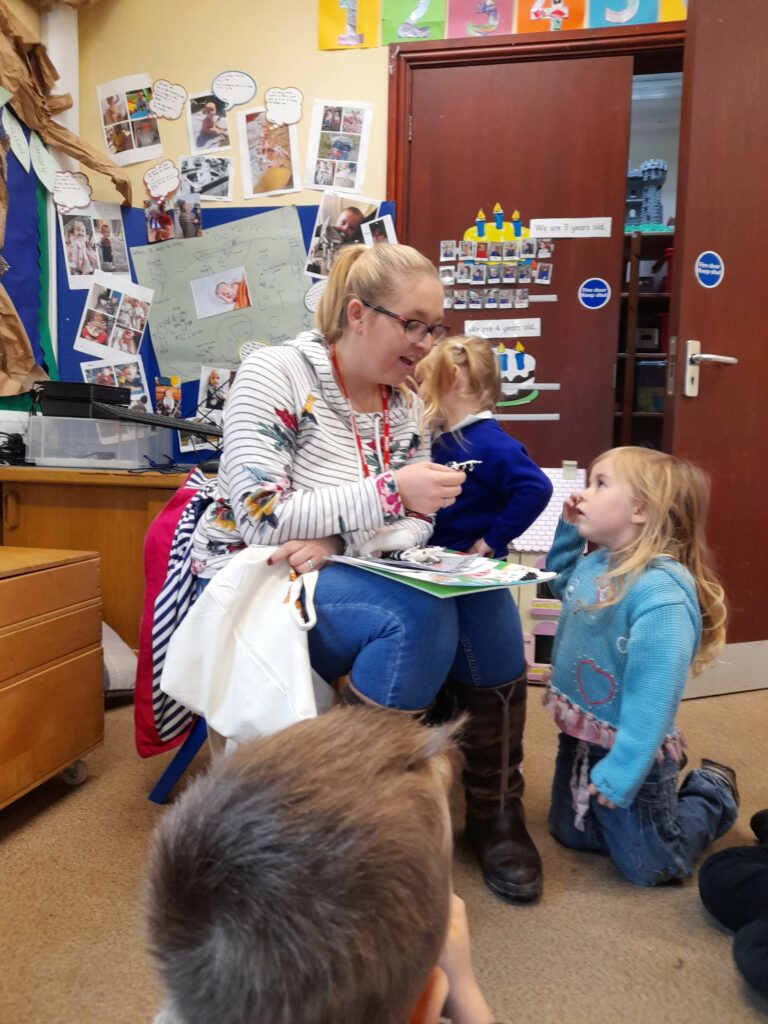
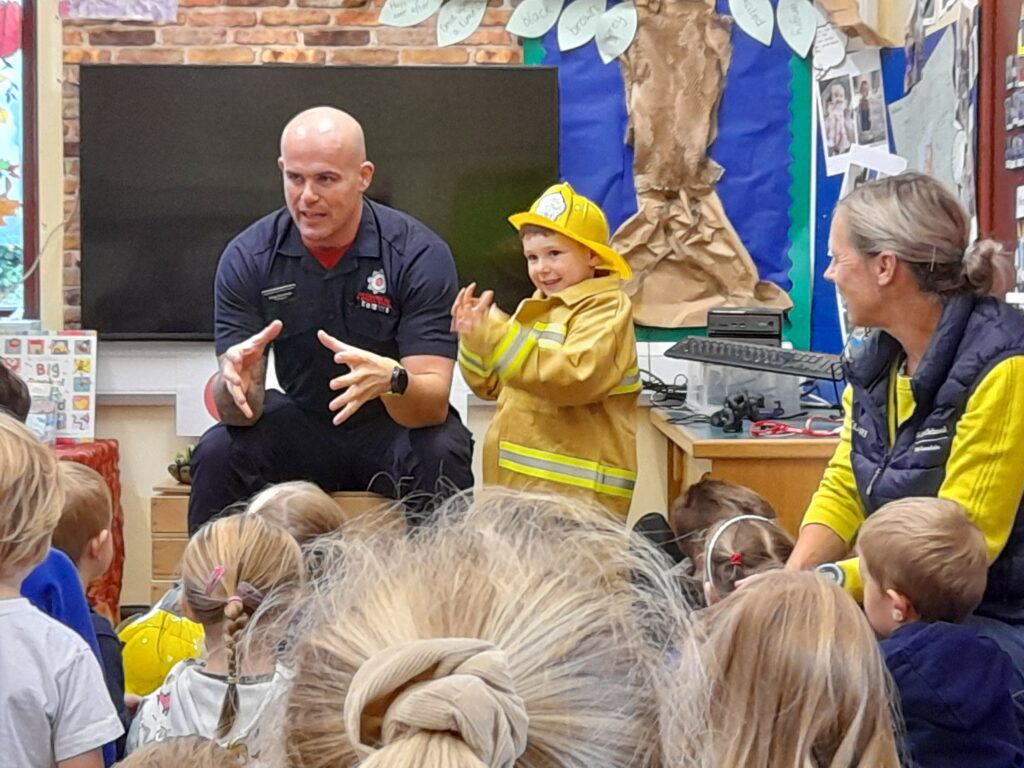
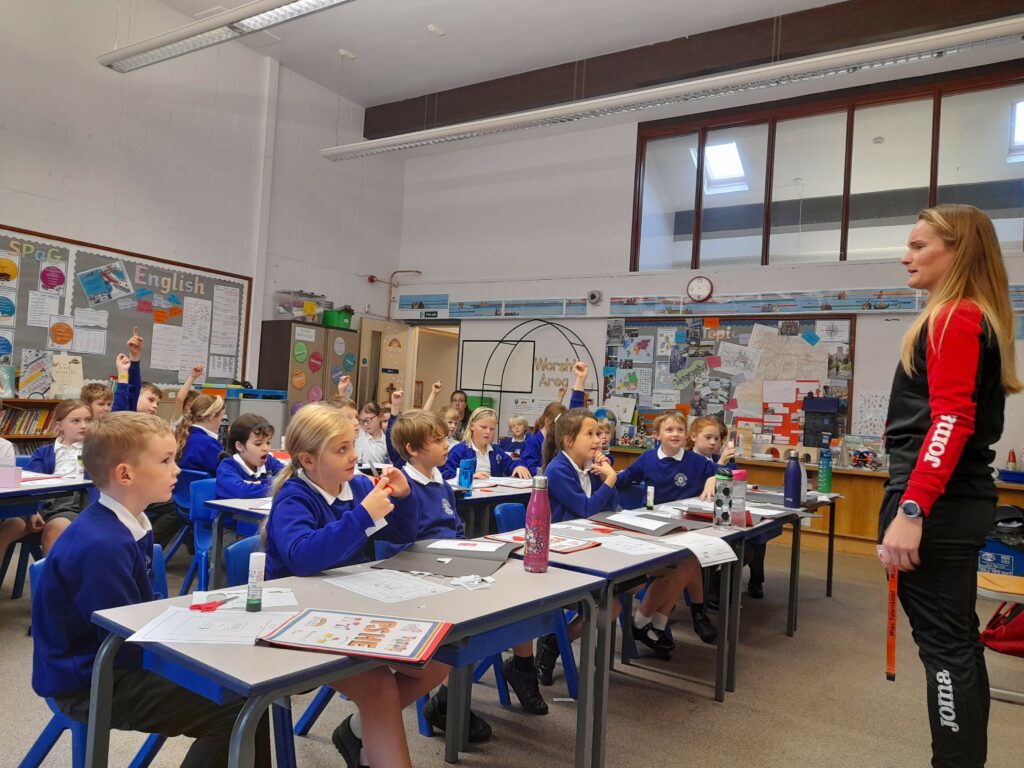
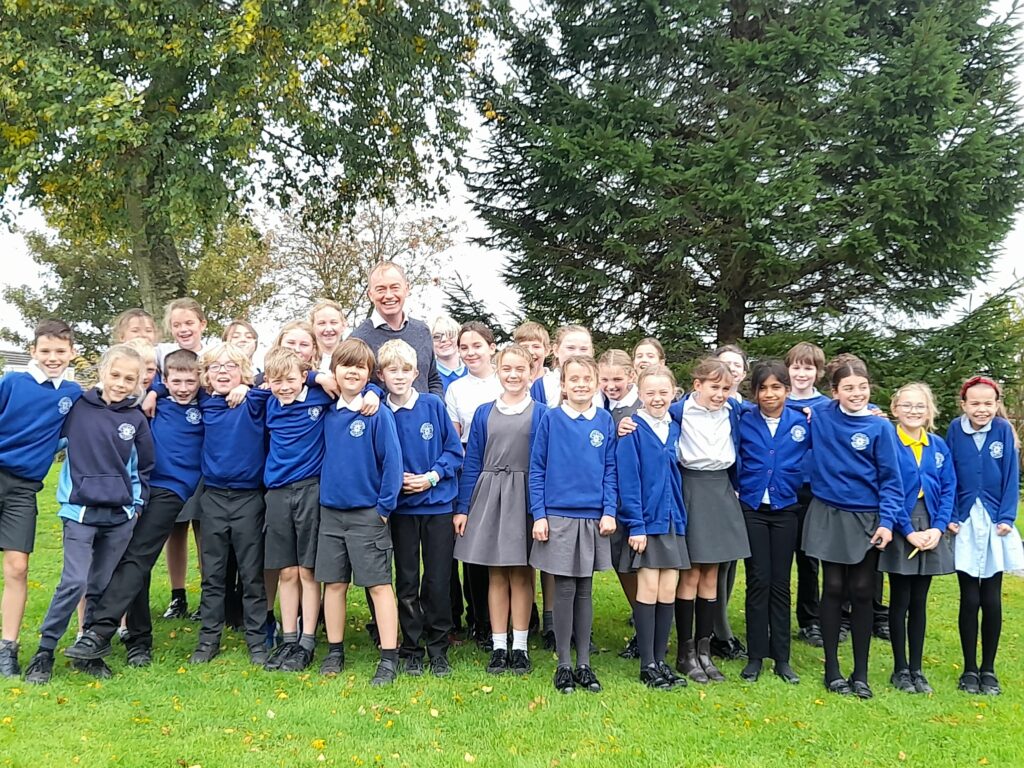
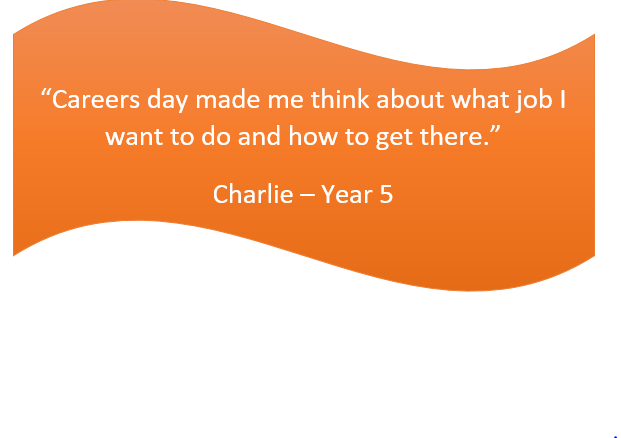
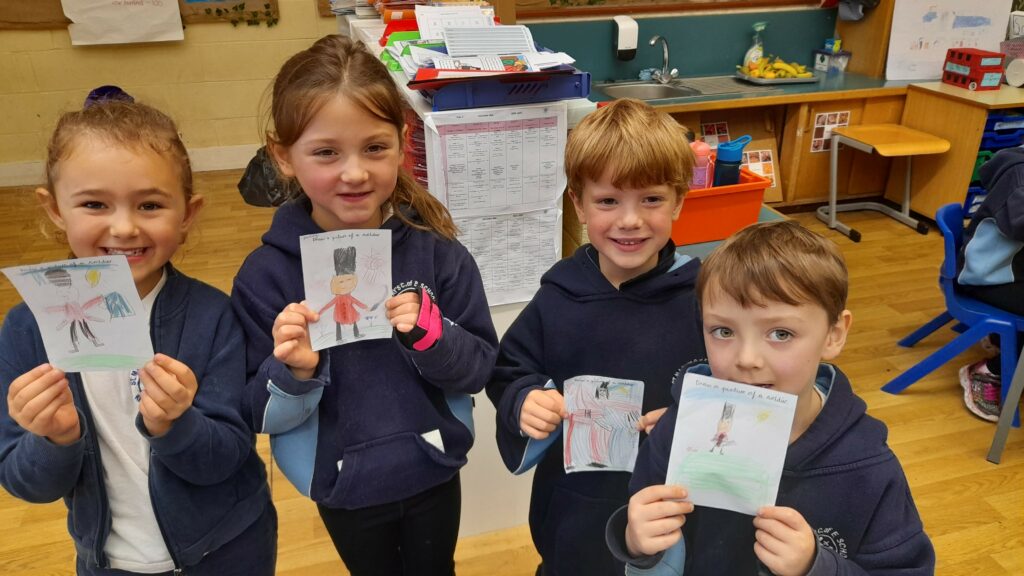
We understand and value the importance of mental health and well being and use high quality texts as a way to inspire and start discussions on different topics. As a school we make great use of a range of texts ensuring the children have access to these throughout their learning.
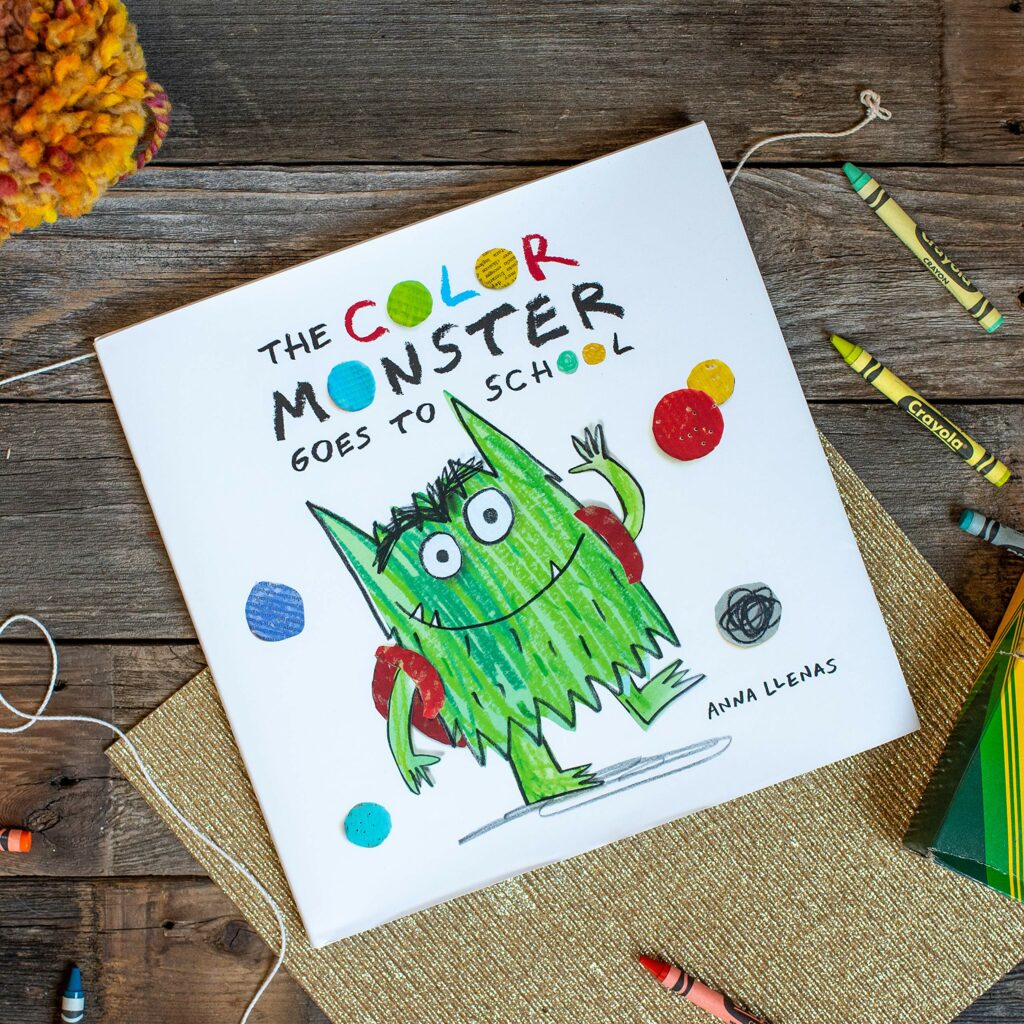
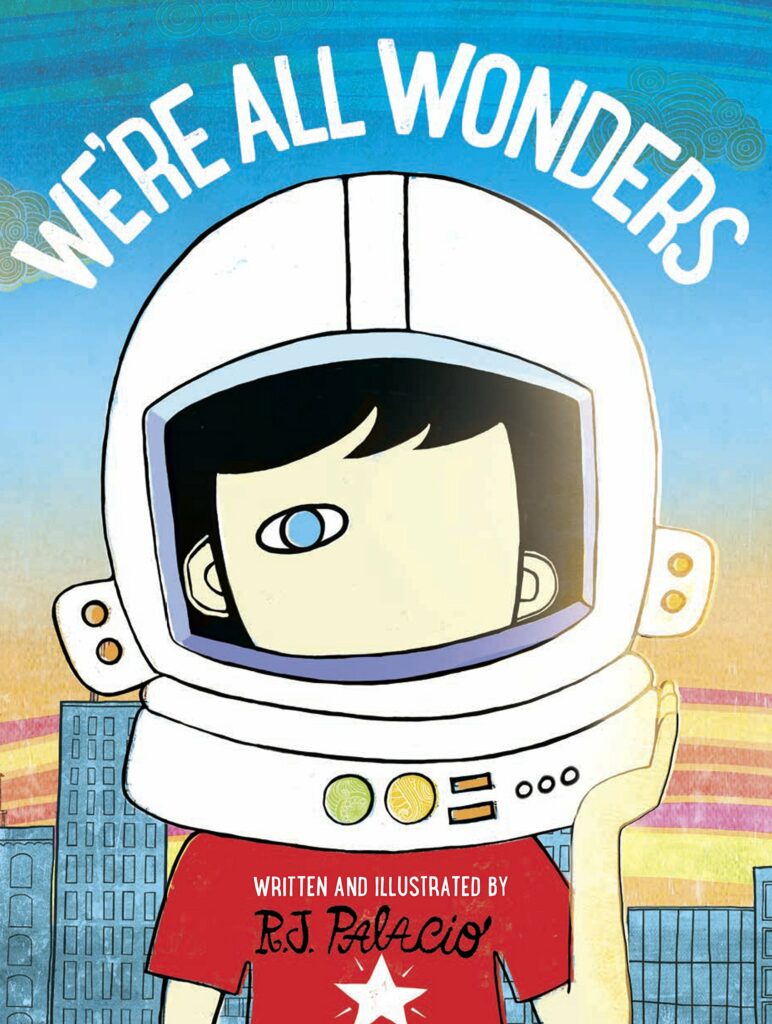
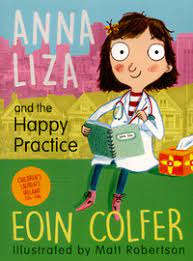
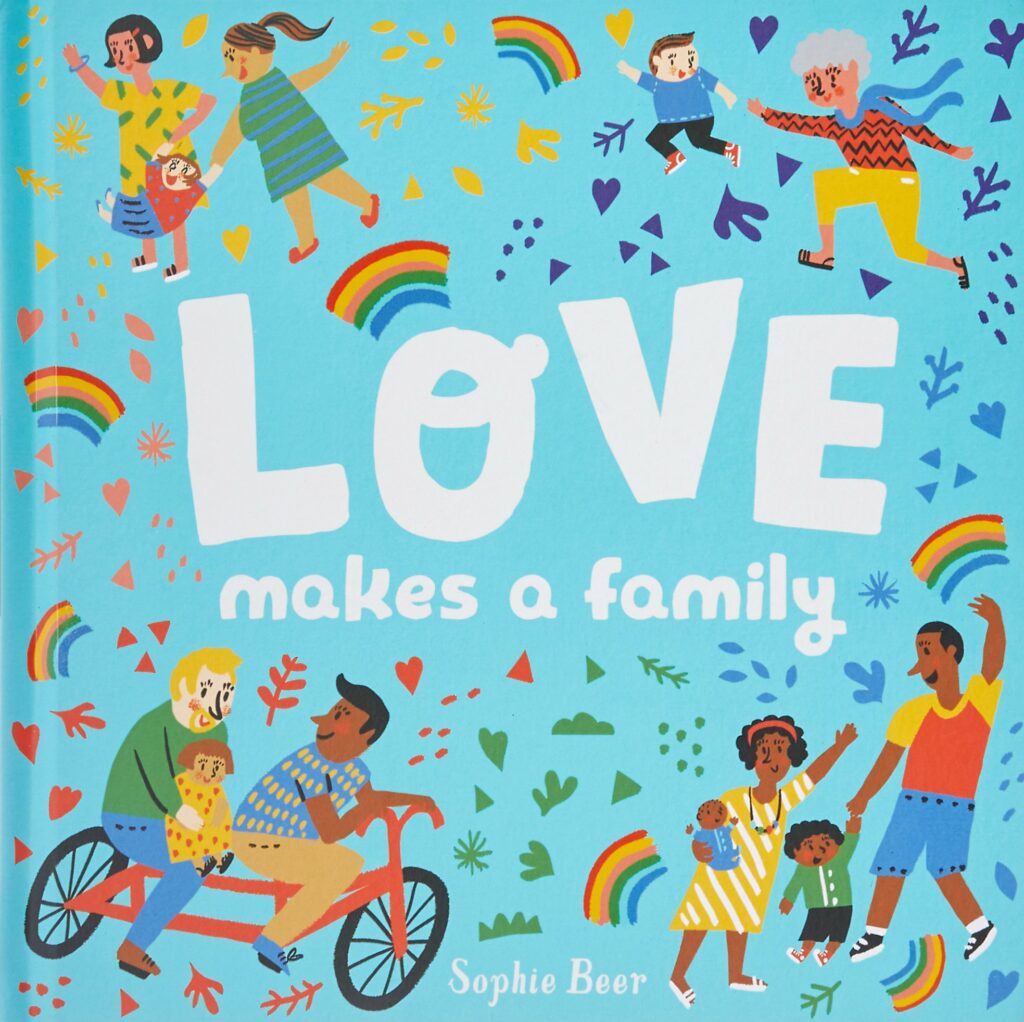
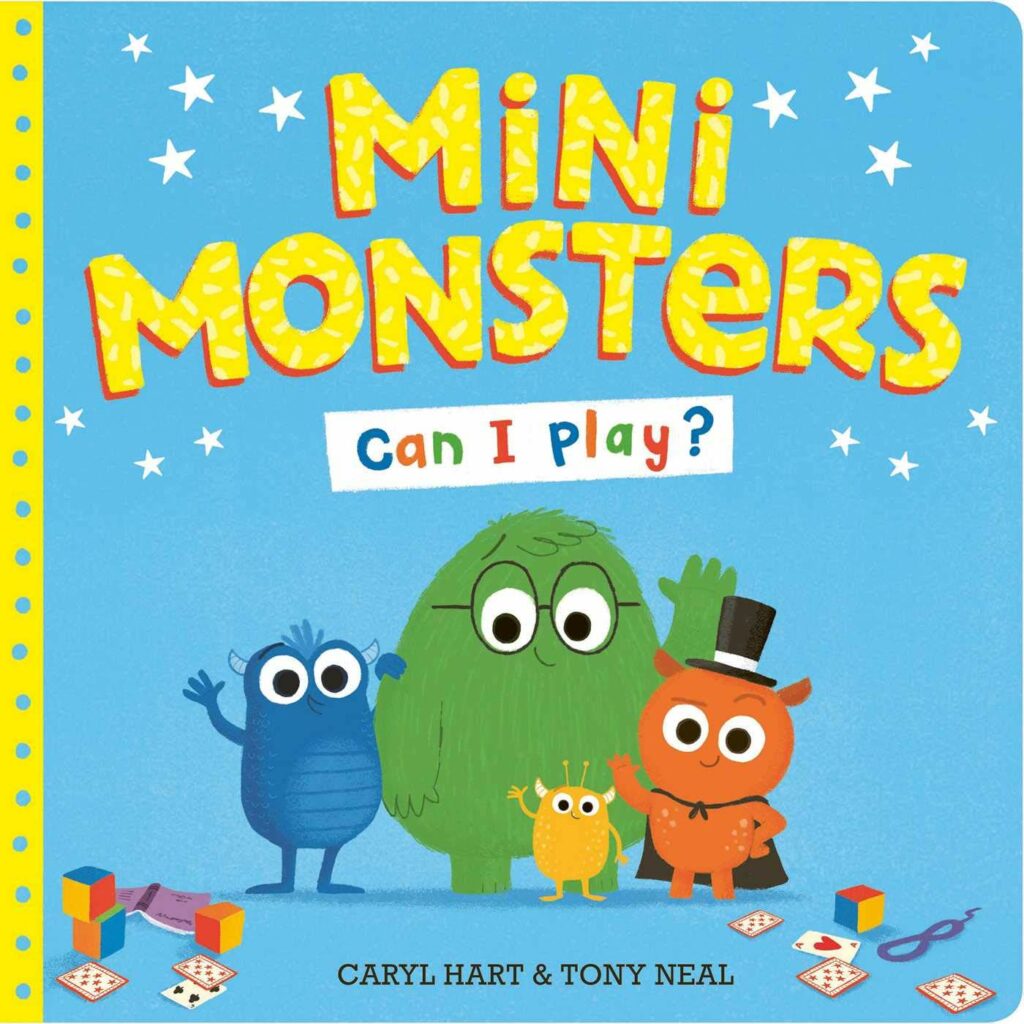
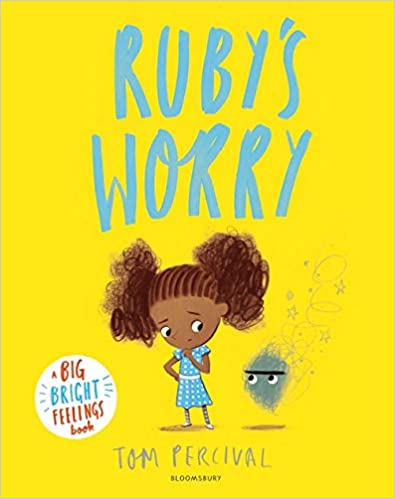
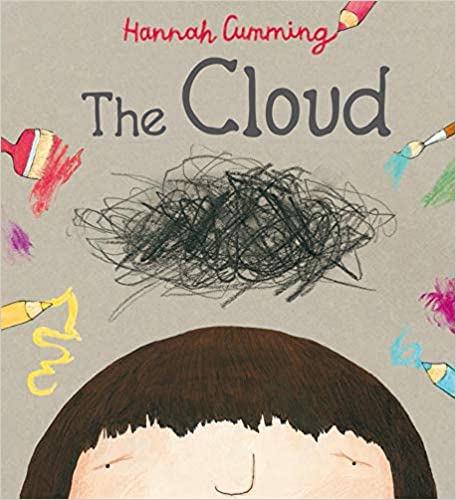
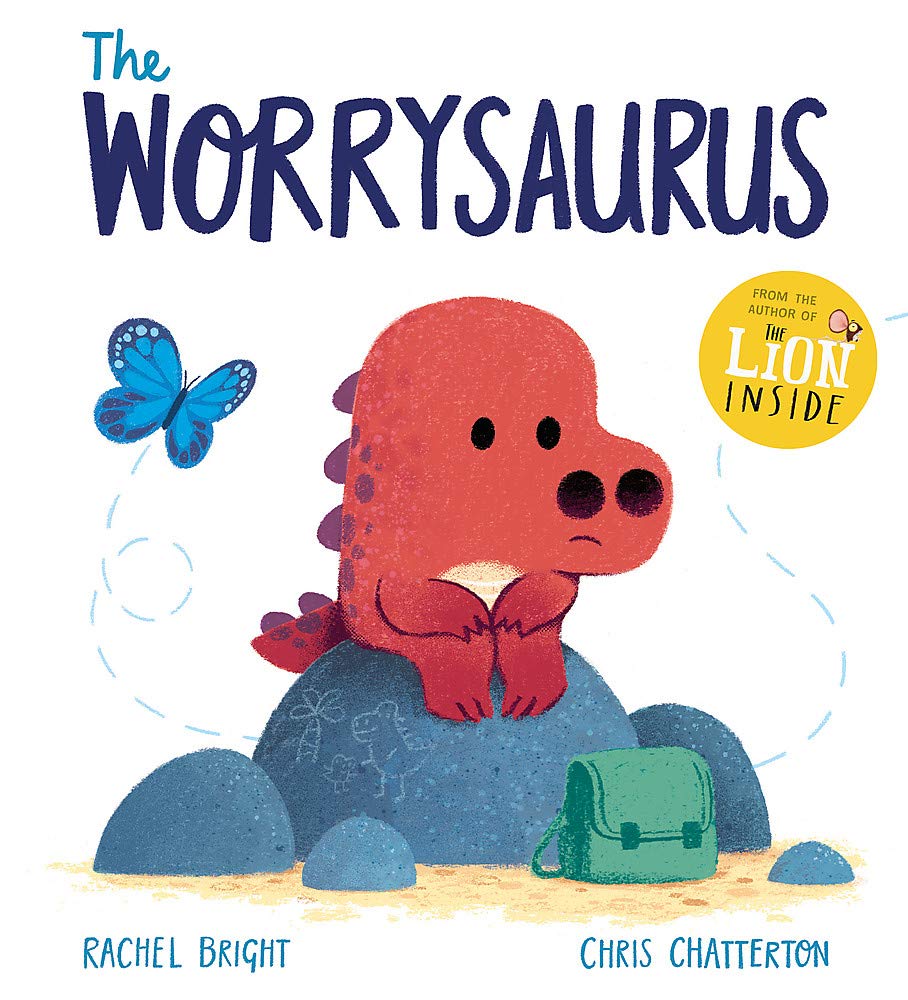
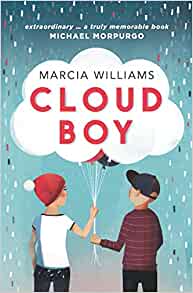
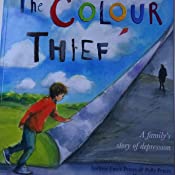
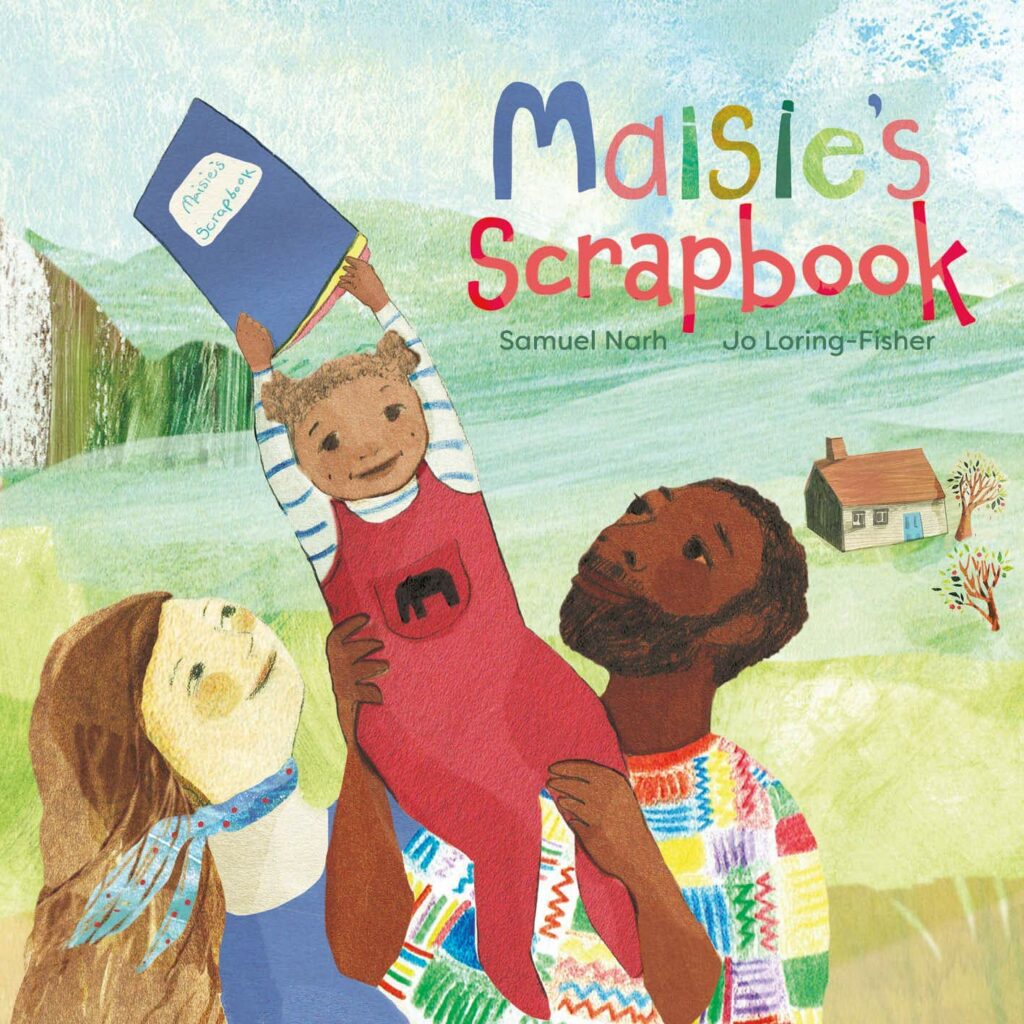
RSE is taught within the Personal, Social, Health and Economic (PSHE) education curriculum. In addition, some aspects of the RSE programme will be covered through:
- Science curriculum
- Computing
- Circle times
- Assemblies
- Stories
- PE in the context of health and hygiene
Key Documents
Relationships and Sex Education (RSE)
Sex and relationship education (RSE) is an important part of PSHE. It is a statutory part of the curriculum and is taught to varying degrees throughout the school. The purpose of RSE in primary school is to gradually and appropriately prepare children for adult life and positive relationships and to lay the foundations for factual knowledge, which feeds into the work they do later in their school careers. It supports them through their physical, emotional and moral development and helps them to understand themselves, respect others and sustain healthy relationships of all kinds.
Our RSE policy has been developed in conjunction with staff, parents and the children in school during their lesson time. This policy is updated every three years.
We recognised the importance of children reforming those relationships, building back their confidence, communication and team building skills. As part of this we held drop down days with a variety of activities to build on this. We invited Jamie Knight, currently one of the world’s top and most in demand Professional Football Freestylers into school. He did a skills workshop for the whole school and taught the children new skills, this produced a really positive buzz around the school.
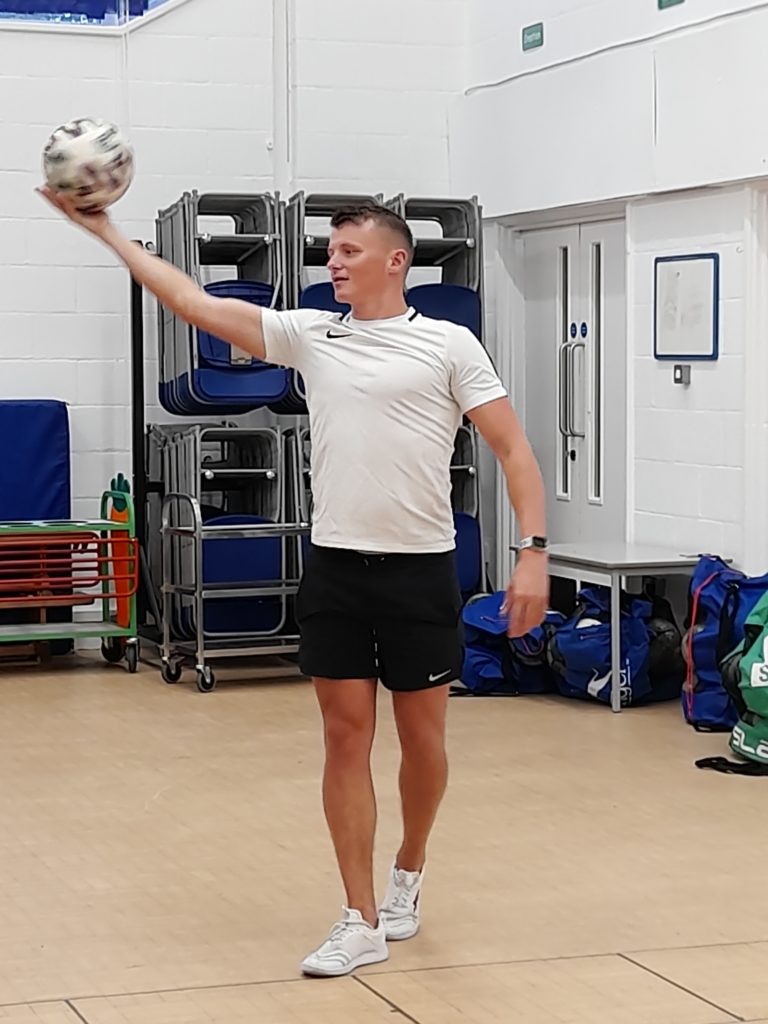
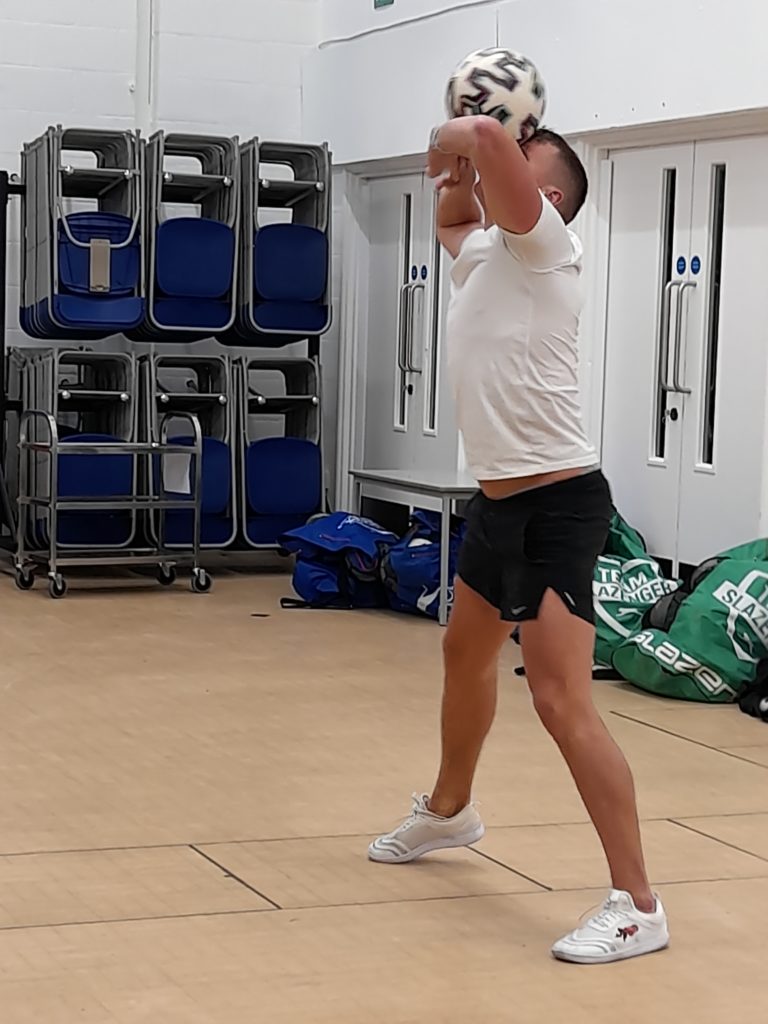
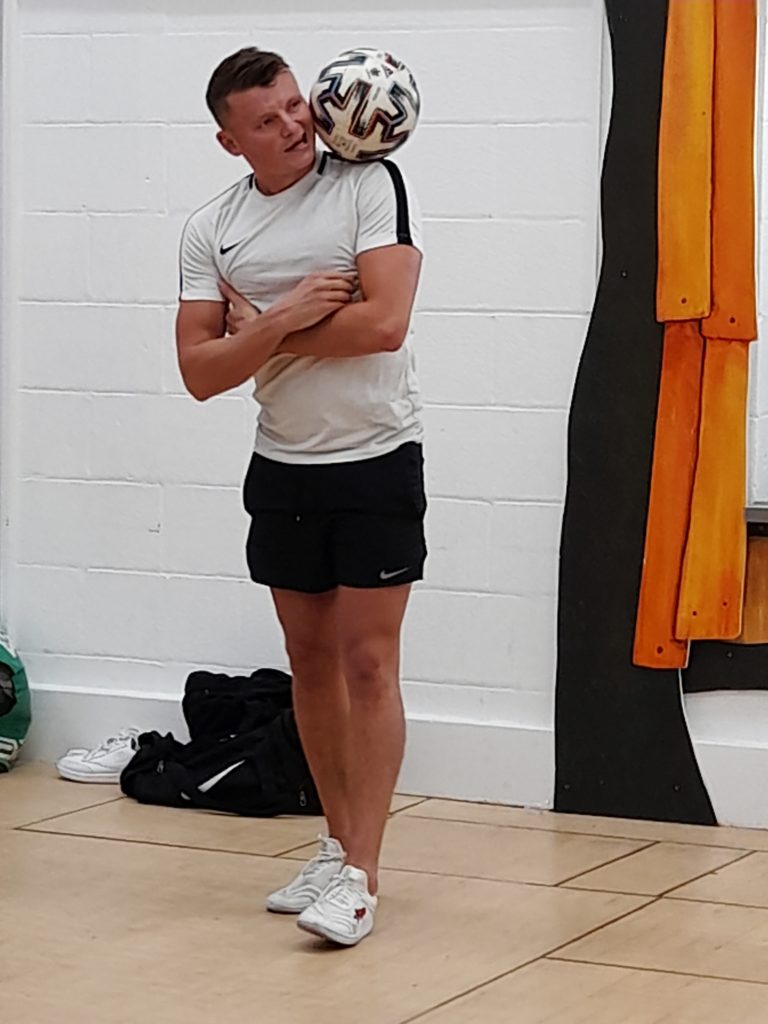
Below is a list of useful websites.
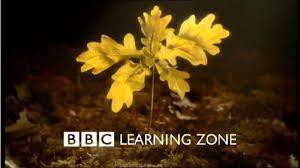
A useful website with video links to a variety of topics to talk about with the children, including race, different families, aspirations and more.
https://www.bbc.co.uk/programmes/articles/4s0C9LC4YQs0ZJKQnNZgg6R/learning-zone-ages-7-11
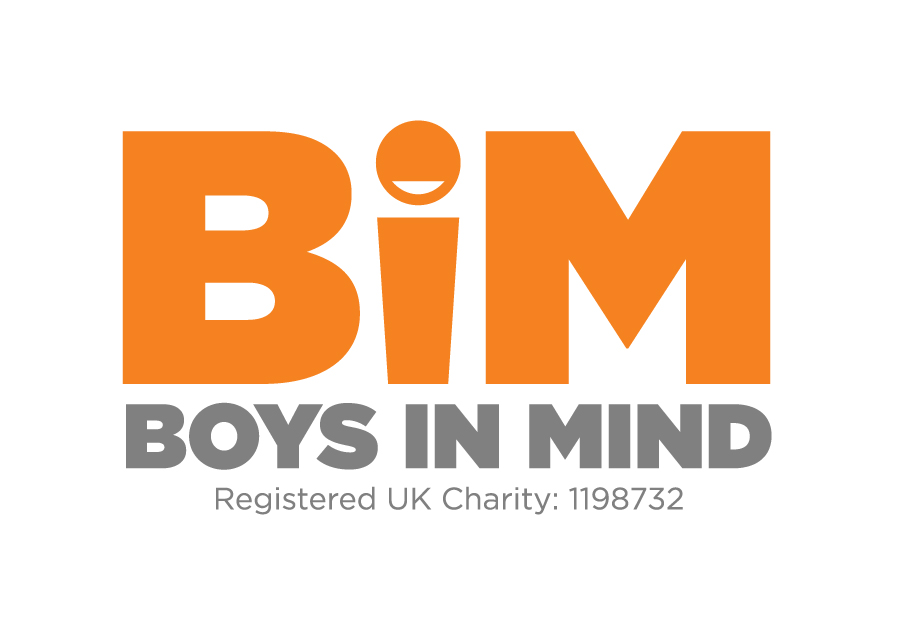
Our Curriculum is based on the PSHE Assoc. Curriculum.
St Mary’s is a member of the P.S.H.E Association.
https://www.pshe-association.org.uk/

 015242 71334
015242 71334 admin@stmarys-kl.cumbria.sch.uk
admin@stmarys-kl.cumbria.sch.uk


